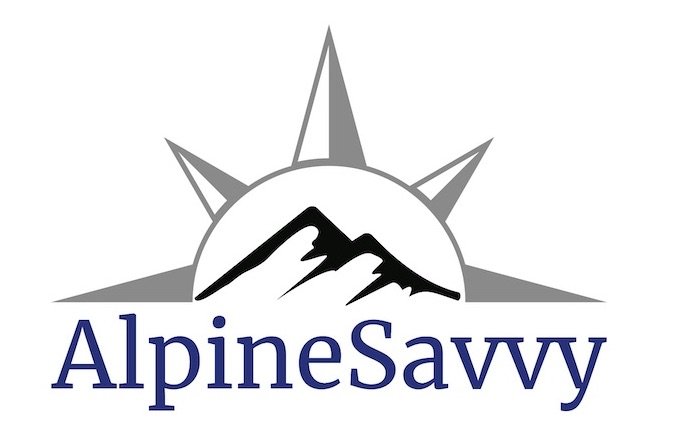Adrenaline induced tunnel vision
It was my first weekend of learning to trad climb with the rock climbing class of my local climbing club. I was paired up with Eugene, a tall, lanky Brit with a quick smile and a sharp wit. I excitedly started up the moderate two pitch climb, and soon got to an obvious large belay ledge.
However, there was one big problem: the only available crack was flaring, awkward, and did not want to take any of my gear. After futzing with the pro for about 10 minutes and getting in a few marginal pieces, I spiderwebbed them together with a tangle of slings, clipped in with my rope, and called down.
“Hey Eugene”, I stammered, “Belay is on, but . . . ”, I paused, “um . . . don’t fall.”
Eugene hollered up, “Well, that’s not what I want to hear before I start climbing, but I’ll take your advice!”
A couple minutes later he arrived at the ledge. He stood looking at my sorry excuse for an anchor for a few seconds, and then cracked a wry smile.
“Well”, he said, “I have two things to say. One, you’re right, this anchor is absolute crap, and I'm glad I didn't fall on it. And number two, the bolted anchor that you SHOULD have used is right up there.” He turned and pointed upward about 15 more feet to my right, where I could now clearly see two shiny new bolts.
Yes, this was without question the low point of my anchor building career.
There are many lessons in this, but the one that stayed with me, and which is applicable in many other climbing situations, is the tunnel vision inducing effects of adrenaline.
It was one of the first times I had ever led on trad gear, and an onsight to boot. I was pumped. Adrenaline was circulating, and it had a variety of interesting effects. (One of them is shutting down your kidneys and intestines; this is a reason why a lot of climbers find that they can go the whole day without peeing, and are often not hungry for lunch). The other, more relevant here, is tunnel vision. This is a normal physiological response to a “flight or fight” type situation, hardwired into our body through human evolution.
For our long-ago ancestors on the African savanna being stalked by a hungry predator, that situation demanded your complete focus of vision, to the exclusion of anything other than that lion in the grass. Adrenaline induced tunnel vision is may helpful to avoid a hungry lion, but it's probably not going to be your friend when you’re climbing.
So, are you feeling pumped and excited? When you’re on lead and looking to place some good gear, or looking for anchor options (at what may or may not be the belay ledge), first do two things.
One, take a few deep breaths. Deep breathing (ideally in through your nose) will help calm your body, reduce your adrenaline load, and help lessen your tunnel vision.
Two, expand the “tunnel vision” look around. Many more options may appear. Are you crack climbing, and starting to get a little pumped? Look side to side, you might well find a face hold or a place to stem to grab a rest. Did you finish leading your pitch, you're at the ledge, and need to build a gear anchor? First, expand your vision, look around, and survey ALL your options. You may well find better gear placements other than what's in a one meter cone right in front of your nose.
Oh, and have a look at the route topo before you leave the ground. That always helps too. =^)
